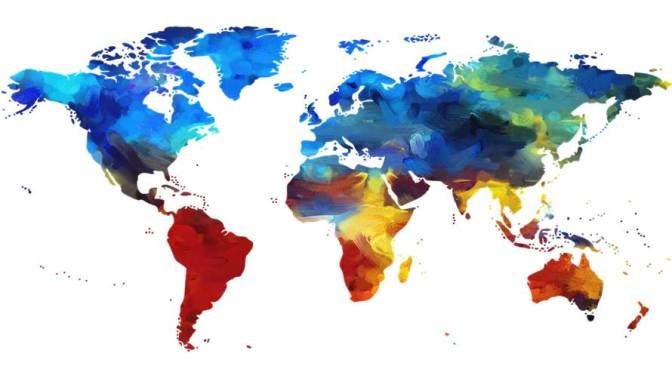My wife and I love Canada. We’ve visited our neighbor to the north some ten times, traveling through the lower tier provinces from Vancouver Island in British Columbia all the way across to Quebec City in Quebec. Last month, we finally achieved our goal of visiting one of the maritime provinces. Our choice—as you may recall—was Nova Scotia.
When I plan a trip to a new location, I develop preconceptions about the place. Will it be flat, hilly, green, not so green, grassland, have lots of lakes and rivers, a damp climate, an arid climate? Some of those preconceptions you can resolve by looking at maps and reading about the climate and landscape. But there are also preconceptions about the people. Will they “be like us?” What will the demographics be? What’s the personality of the place? (Think tough, urban New Yawkahs vs. small town super-howdy friendlies.)
My preconception of Nova Scotia was one of a terrain similar to the last place on the Atlantic we visited—Acadia National Park in Maine. Rocky coastline, sparse population, flat terrain inland, and a predominantly white Anglo population. I also imagined the northern half—Cape Breton Island—to resemble Cape Cod: flat, sandy, full of dunes, no farmland to speak of, and lots of fishing villages and quaint little towns. I was half right on that, and half right on the whole of Nova Scotia.
We were surprised to find some amazing resemblances to Minnesota. Some areas in the southern part of the province are full-on farmland, like southern MN. The end of one drive from the Bay of Fundy on the north coast to Lunenburg on the south coast reminded me of descending the Gunflint Trail into Grand Marais. We saw many more lakes than I expected. Not as dense as lakes in the Brainerd area, but enough to notice.
Cape Breton Island was far hillier than I expected. Many roads had grades from 5% to 10%. If you’ve ever driven in the Rockies, you know a five percent grade is common, 7% to 8% less so, and 10% rare. Cape Breton Island pretty much matched that ratio. We actually drove on one 10% grade for a short distance and traversed many 5% to 8% grades.
The Bay of Fundy is awe-inspiring. Low tide must be seen to be believed. Nova Scotia is home to SIX UNESCO World Heritage sites plus two other UNESCO supported sites. There are many wineries in the province. Halifax, the capital city, is as urban and sophisticated as any city in the US. It’s also hilly, with old narrow streets not conducive to car traffic, and has one of the most impressive harbors I’ve ever seen. The boardwalk near downtown is a must-visit. The historical significance of the city since colonial days is well-remembered and preserved. One thing that didn’t surprise me was the quality of the seafood. It was every bit as outstanding as you’d expect from a maritime location that has hundreds of miles of coastline.
Finally, everyone we met who lived and worked in Nova Scotia was as friendly as could be (other than a few stuffy hotel staffers). Even in Halifax, a big city where it’s easy to encounter people who are aloof, mistrustful, and too much in a hurry to chat or help.
I’ve attached a few pictures of our trip. If you want to see more, simply sign up for my website newsletter and you’ll get access to many more. Since I just published my latest missive, I’ll even share the password with you now: ChrisN2021. But don’t tell anyone! 😊

Sunset at Inverness, NS

Halifax boardwalk

Lighthouse at Peggy’s Cove

Chris and his caddie
What are some of your preconceptions of a place that got blown out of the water after you visited there? What places exceeded your expectations in the same way Nova Scotia exceeded mine?



















